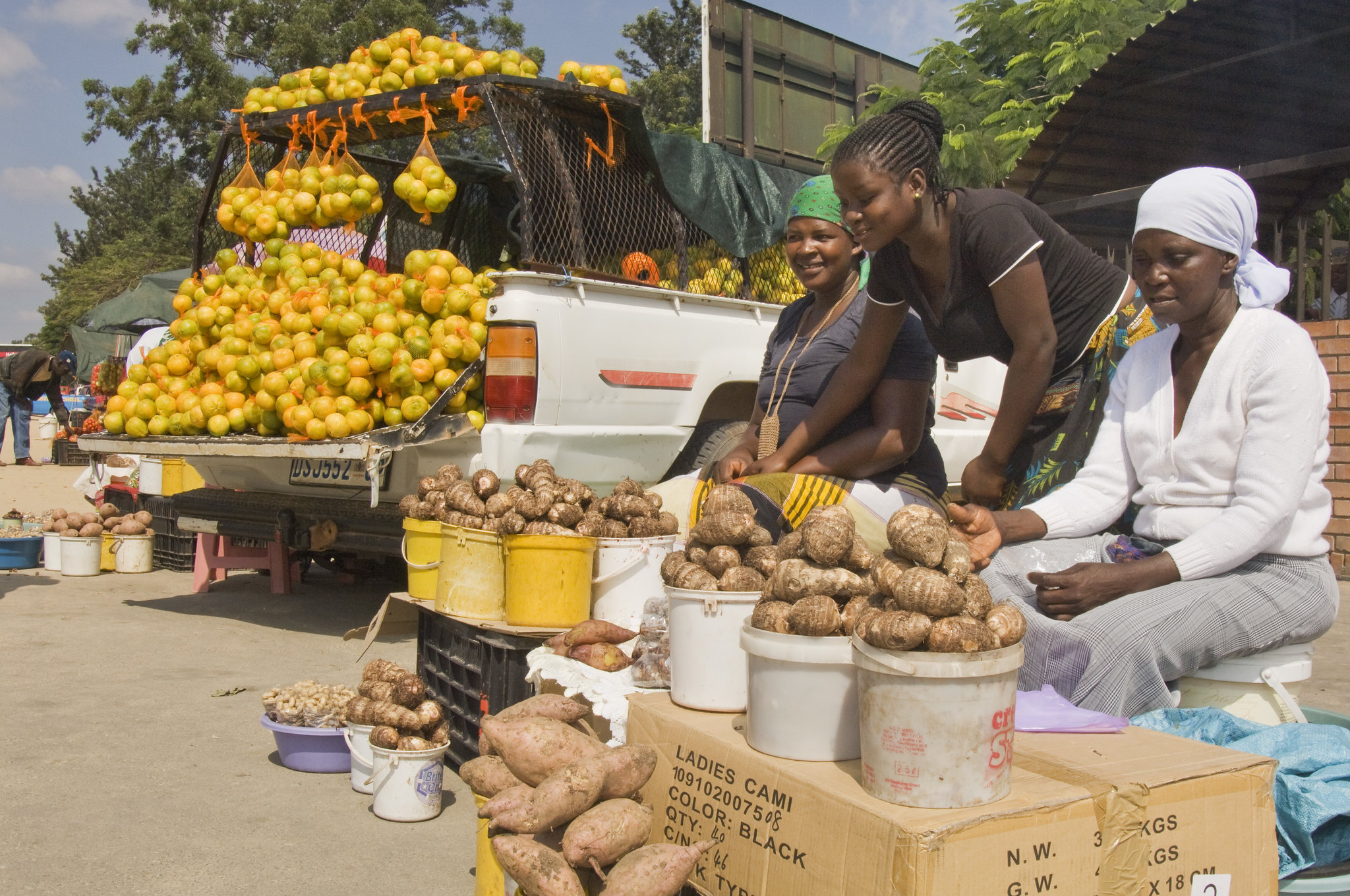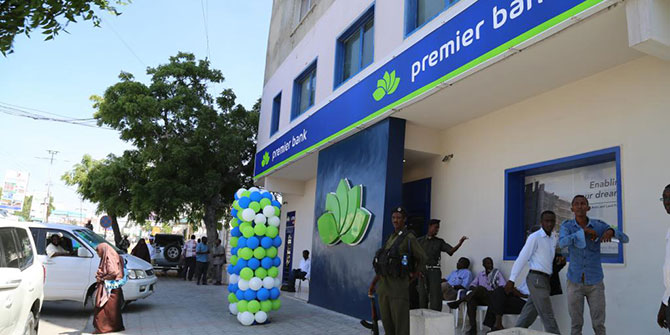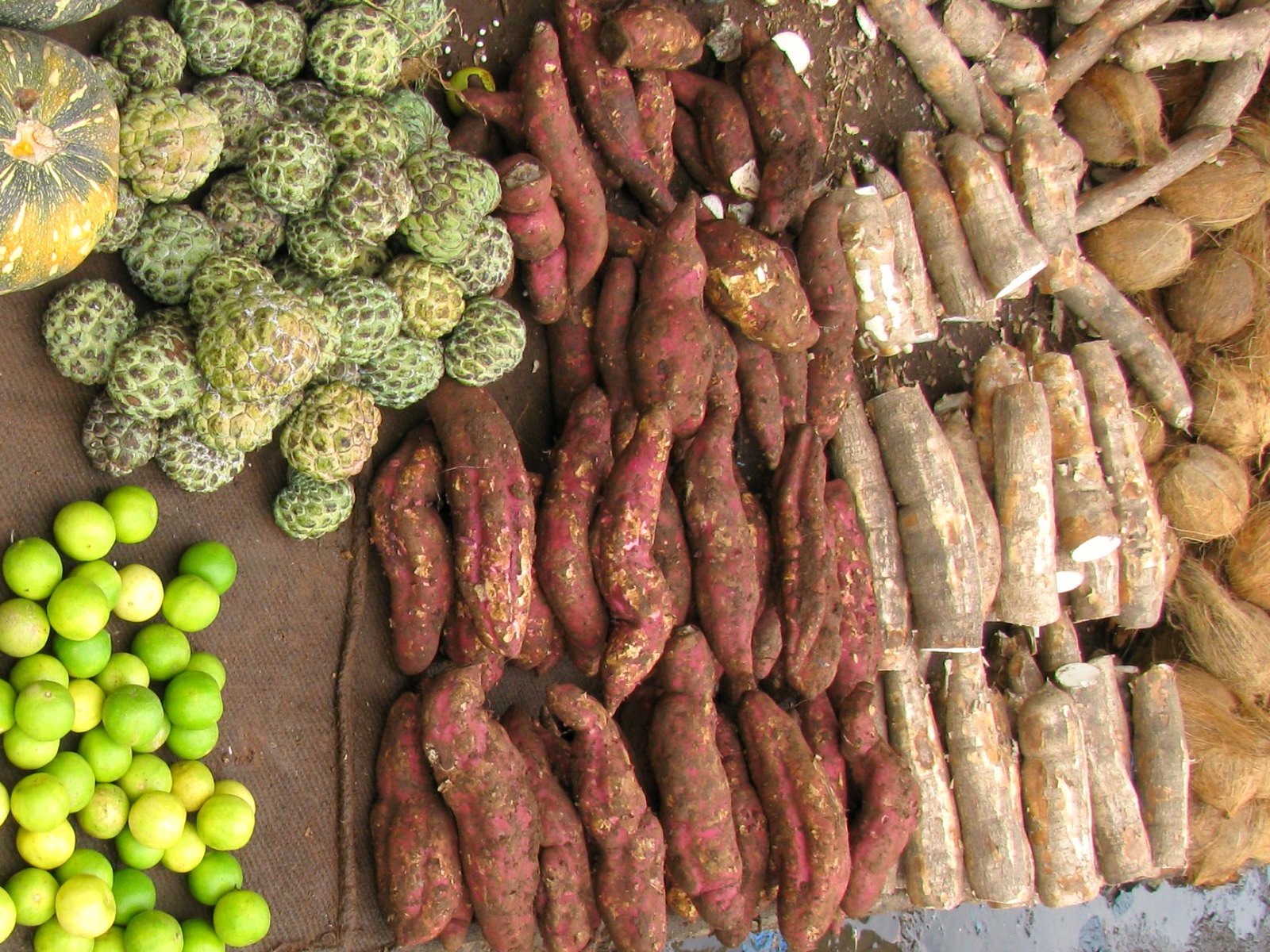The outbreak of Ebola has highlighted the need for economists to assess the impact of the crisis. Very tentative findings by researchers at the International Growth Centre have flagged up warning signs on jobs, sales and the state of food markets. Post by IGC’s Phil Thornton.
In the midst of a severe health emergency such as the outbreak of Ebola that has struck the West African nations of Guinea, Liberia and Sierra Leone, it is clear the first priority must be to help the sick and contain the spread of the disease.
But it is equally clear that the economies of these countries will be devastated. The numbers of people affected by the second-round impacts of Ebola are likely to be much higher than the current estimate of the 5,000 infected.
The headline economic effects are already beginning to emerge. The economy of Liberia could shrink by as much as 5% next year (based on World Bank estimates) unless the outbreak is contained, Commerce and Industry Minister Axel Addy said at a briefing at the IGC’s Growth Week.
Clearly all aspects of the economy will be affected: hotels and restaurants will be hit as tourists stay away and families shelter at home; retailers will suffer a drop in sales; and agricultural production will be hit. Governments will have to react to rises in inflation as food shortages arise. Liberia imports 80% of what it consumes so any currency depreciation will only add to any price rises.
The challenge for policymakers at a time when all energies are rightly focused on treatment and containment is how to find out what is happening on the ground.
Trade restrictions
Economists can put forward some forecasts based on theory. At a time when governments are sensibly restricting people’s movements to contain the disease this is bound to have a major impact on the economy. If the government decides to shut all bars, then the brewing industry is likely to collapse, for example.
Uncertainty and fear will discourage people from going out to shop and buy non-essential items. If lending conditions tighten and interest rates rise, then increased costs of borrowing will discourage investment and spending.
“My first worry with the agricultural sector was that you are stopping internal trade at a time when people don’t have enough to eat,” says Rachel Glennerster, the IGC’s lead academic for Sierra Leone.
Tentative research from the IGC has started to fill in some of those knowledge gaps. Glennerster and colleagues used an existing survey of 150 markets in the country to see the impact on prices and trader activity.
Price spikes
Although the results are fresh off the press and highly tentative in terms of drawing conclusions, they tell a dramatic story. While there is little visible impact on prices, there were worrying signs that traders were pulling out.
The number of domestic rice traders has fallen substantially. In the areas that were cordoned off there was a 42% reduction in traders in staple foods. “If this translates into farmers not being able to sell their products – or even if they are seeing no traders come by and not even pick their products – then we have a serious problem,” Dr Glennerster said.
While there is no sign from the survey of general price rises, there is evidence of markets suffering price spikes. “What the government should be doing is finding out where those price spikes are and getting the food to them. This is why this monitoring is so important.”
However there were even more worrying signs in terms of the business sector. Data for Liberia that were only collated during Growth Week and therefore had not been subjected to any control tests showed major impacts on employment, business sales and even on business failures.
IGC researchers led by Jonas Hjort, lead academic for Liberia, used pre-existing surveys carried out by Building Markets, an NGO. They focused on affected regions of the country such as Monrovia and compared opinions now with historic results.
Of the 406 firms selected almost one in 10 had gone out of business. While that could be the normal trend and explained by other factors it still raised a concern over the impact on the private sector. “We have to figure how many businesses go out of business in normal times but it is our hunch that this number is very high.”
They can be a little more confident on the results for employment and revenues. Sales for businesses in affected areas appear to have collapsed. Compared with normal times when firms would report sales of 39,000 Liberian dollars (LRD), they were now reporting revenues down by around two thirds in these preliminary results. “These are huge amounts,” says Hjort. “If you are in construction and renovation in Monrovia, it looks like Ebola has wiped out your entire business.”
Targeted assistance
It is understandable that the government will not devote energy to collecting data at the peak of a crisis. However this is where reliable data becomes important. “A lot of the systems are breaking down and we have even less information than normal,” Dr Glennerster says.
“You see all this speculation and there is a lot of work that has to be done to provide targeted assistance to the people who are directly affected. But in terms of the economic impact, what we are worried about most is people who are not directly affected but are being indirectly affected by all the trade restrictions and the economic uncertainty. More people are going to lose their jobs than are going to die of Ebola.”
According to Minister Addy this crisis has offered an opportunity to put together a regional strategy for dealing with something of similar magnitude in the future. He said that even getting a full understanding of the current situation was a major challenge.
“All three countries are going through the same process of trying to map out a response that you can then hopefully move towards coming up with a regional approach should this happen again,” he says.
“None of us was prepared for this sort of crisis. There is no regional structure in place to respond to emergencies of this magnitude. But you think that there is an urgent need to look at this and it will be interesting to see the lessons learned from the responses in these three countries.”
For economists the crisis has raised a host of questions to be answered, according to Professor Eric Werker, IGC Country Director for Liberia. “Economics can bring different things to the table,” he says.
“We are six weeks into a crisis and we have an opportunity to think about what we can add to a conversation that will be heavily populated by institutions and organisations inside the countries and outside. We can try to bring expertise and economics as a non-interested party.”
This post originally appeared on the International Growth Centre blog.






How is this affecting the continent economy as a whole??